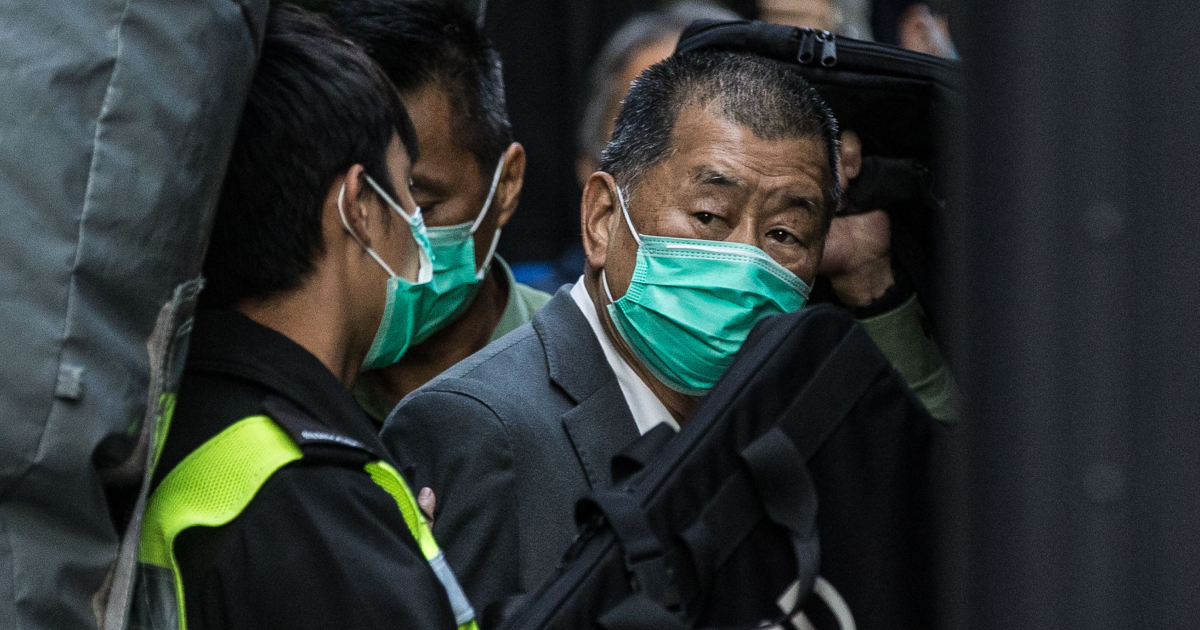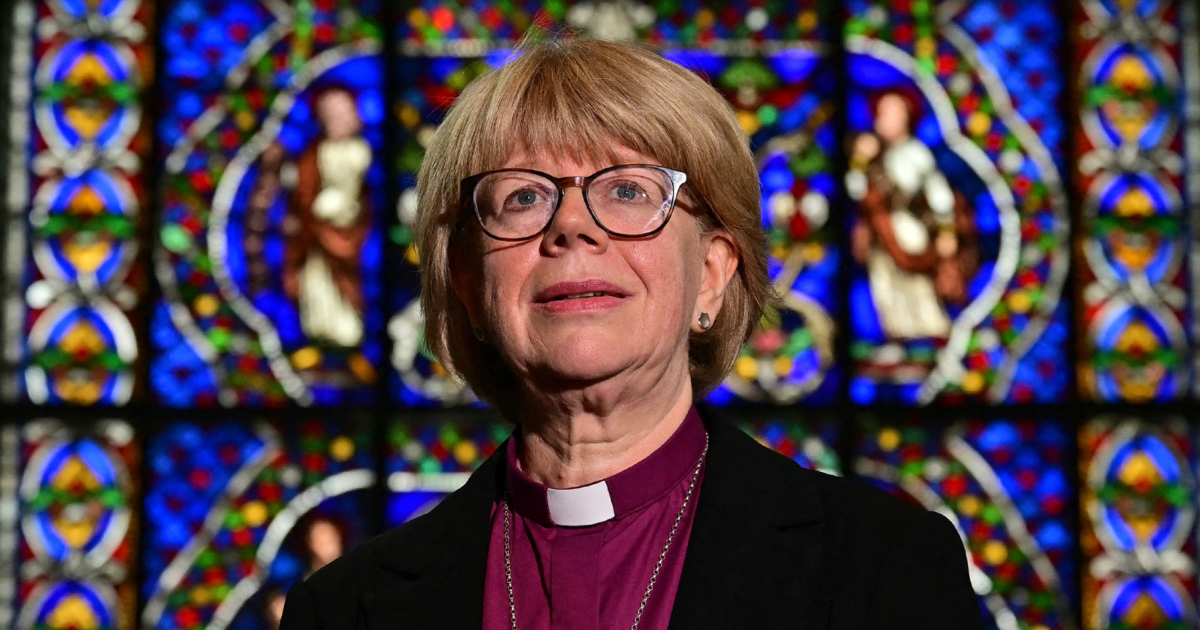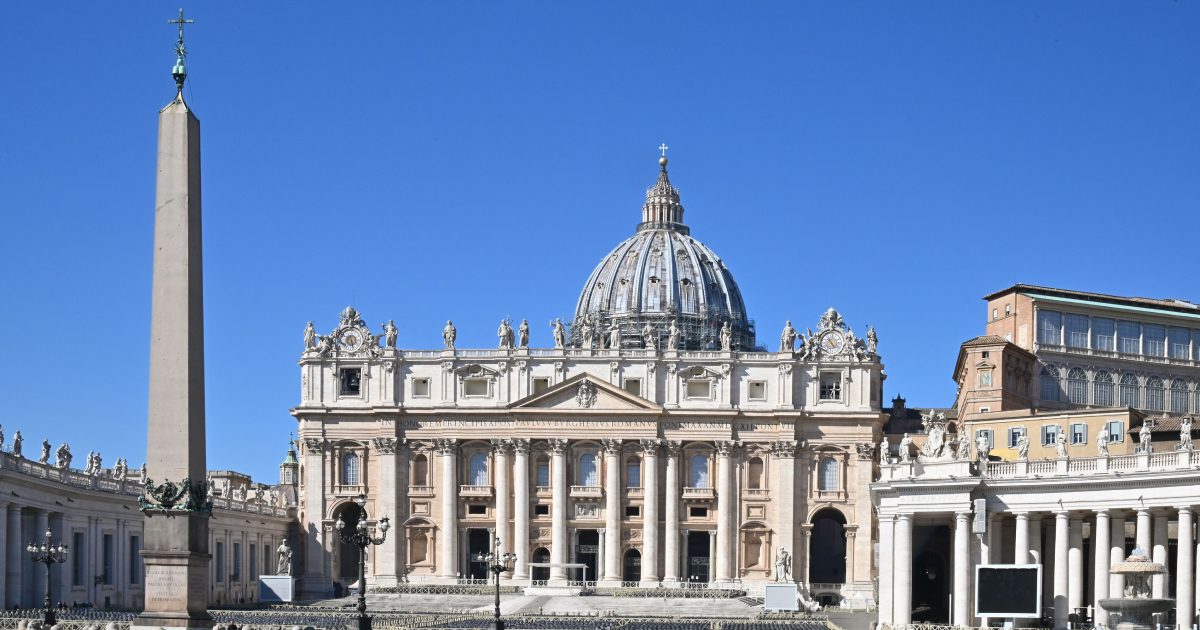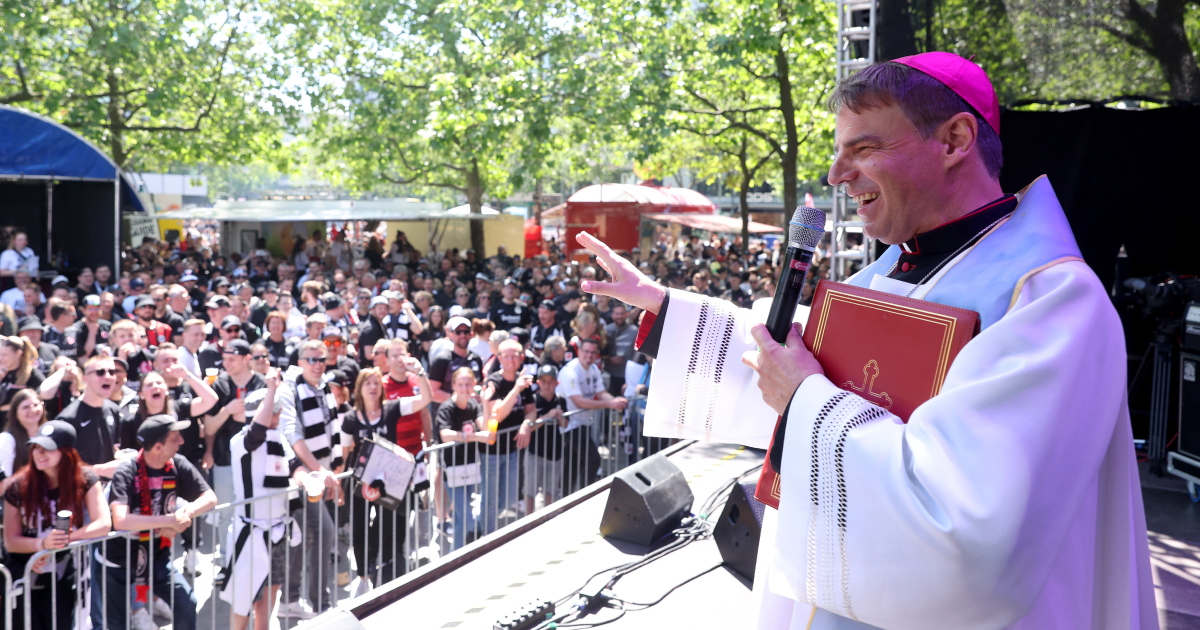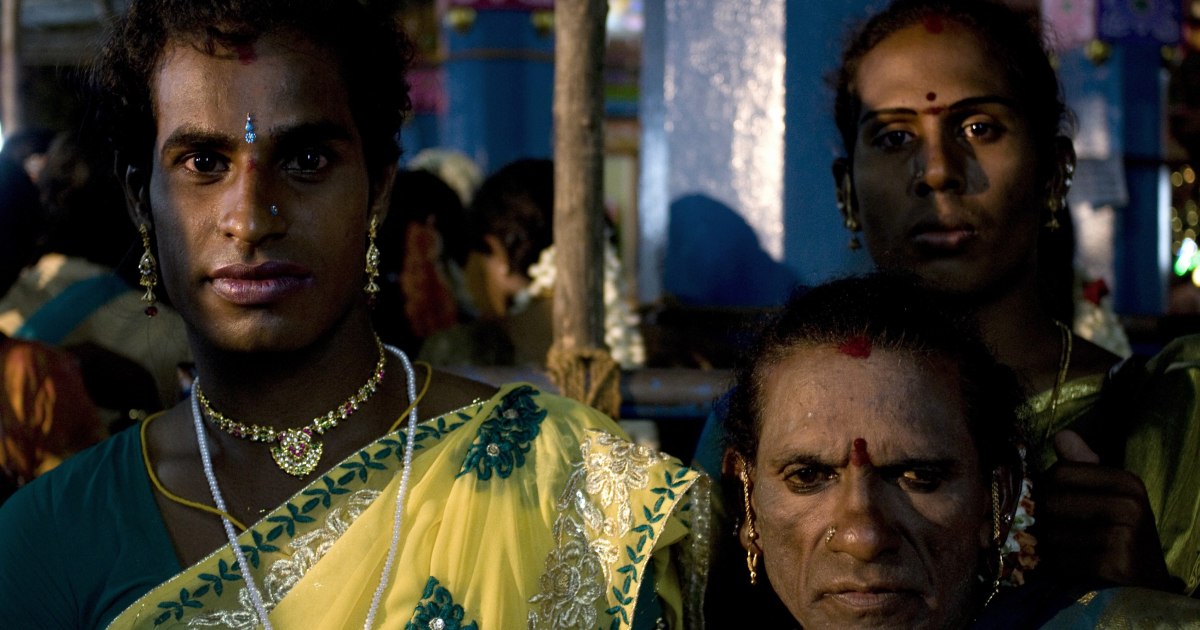Pope Leo XIV has received in audience His Excellency Bishop Georg Bätzing, Bishop of Limburg and President of the German Episcopal Conference, as debate continues over the trajectory of the Synodal Way in Germany. This includes the German Church grappling with a secularising society, which has included recent comments from Bishop Bätzing on the country's abortion law which drew criticism from other Church leaders.
On 4 September, the Holy See Press Office confirmed that the Pope met Bishop Bätzing, who has become a central figure in the nationwide process of dialogue between clergy and laity launched in 2019. Known as the Synodaler Weg, or Synodal Path, the initiative has addressed questions of Church governance, clerical celibacy, the blessing of same-sex unions and the role of women.
While its proponents have argued for significant structural and doctrinal changes, the process has drawn repeated interventions from the Holy See, with Vatican officials warning against measures that risk rupturing communion with the universal Church.
Bishop Bätzing has defended the Synodal Way against its critics, saying it responds to a deep crisis of confidence in the Church in Germany.
The Synodal Path was initiated in the wake of revelations concerning clerical abuse and has since expanded to include calls for sweeping reform. But proposals from its assemblies have been viewed abroad with concern, with some bishops in other countries suggesting they go beyond the limits of Catholic teaching.
The audience with the Pope comes at a time when Bishop Bätzing finds himself the subject of national attention for his comments on Germany’s abortion law. In an interview with Augsburger Allgemeine, he described the legislation, which permits abortion under certain conditions up to the twelfth week, as “an intelligent balance” between the rights of mothers and the protection of unborn life. He added that he did not want to contribute to what he termed a “cultural war” over the issue.
The remarks followed controversy surrounding the candidacy of Frauke Brosius-Gersdorf, a lawyer and member of the Social Democratic Party, who was proposed for the Federal Constitutional Court. Ms Brosius-Gersdorf has argued in academic writings that human dignity should apply only from birth and that the protection of life is a distinct legal principle.
Her candidacy was opposed by jurists, professional associations and several bishops, before it was withdrawn.
Bishop Rudolf Voderholzer of Regensburg and Bishop Stefan Oster of Passau were among the prelates who voiced concerns over the candidacy, while Archbishop Herwig Gössl of Bamberg initially joined them before retracting his statement.
Bishop Bätzing, however, defended Ms Brosius-Gersdorf, while lamenting the harm caused by the public debate and criticising the AfD (Alternative für Deutschland/Alternative for Germany) party for seeking to exploit the issue.
The affair underscored wider divisions within the German Church as it grapples with questions of doctrine, authority and its public voice in political debates.
In his role as president of the German Bishops’ Conference, Bishop Bätzing has consistently argued that the Synodal Way is intended to strengthen the witness of the Church in a rapidly secularising society.
Yet Rome has cautioned against unilateral decisions and warned that certain proposals could be incompatible with Catholic doctrine.
Earlier this year, the Vatican requested that final decisions on structural changes be coordinated with the global Synod on Synodality to avoid fragmentation.
Photo: Bishop Georg Baetzing, Chairman of the German Bishops' Conference, at the annual reception of the German Bishops in Berlin, Germany, 27 September 2021. (Photo by FABIAN SOMMER/POOL/AFP via Getty Images.)








